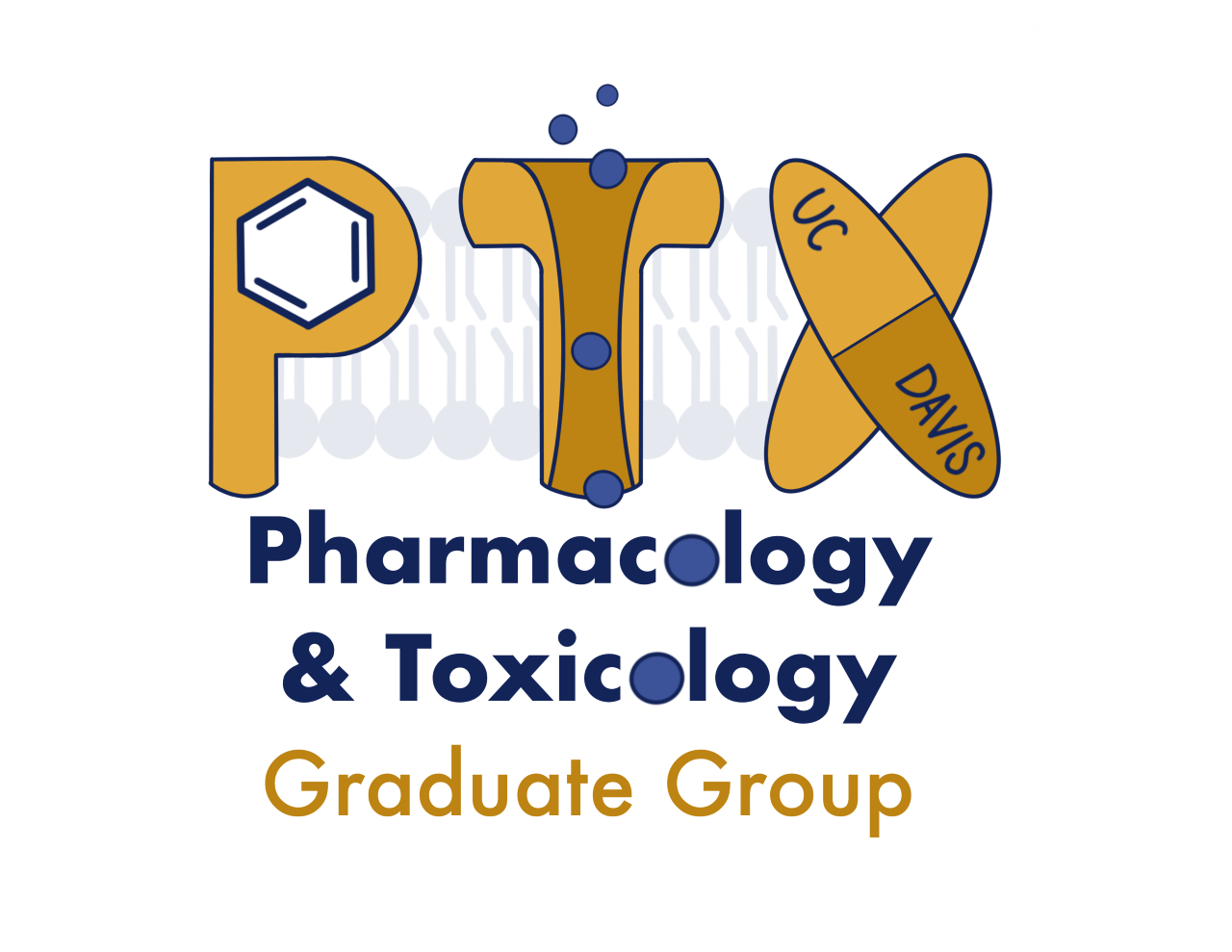
Position Title
Professor
Position Title
Professor
- Pharmacology
Bio
Department: Pharmacology
Research Interests:
Neuropharmacology and Toxicology
Research Summary:
Molecular Basis of Synaptic Plasticity and the Role of Signaling Complexes. Signals are transmitted from one neuron to another at the synapse, a key element for information processing and storage. Glutamate is the prevalent neurotransmitter in the brain and spinal cord. It is released from the presynaptic site upon depolarization and opens glutamate receptors at the postsynaptic site. These receptors are ligand-gated ion channels that initiate the excitation of the postsynaptic neuron. High frequency stimulation of a synapse causes a long-lasting increase in its activity known as long-term potentiation (LTP). LTP in the hippocampus and cortex is thought to constitute the physiological basis of learning and memory. Activation of Ca2+ permeable NMDA-type glutamate receptors and the subsequent rise of postsynaptic Ca2+ triggers LTP via the Ca2+/calmodulin-dependent protein kinase CaMKII and the cAMP-dependent protein kinase PKA. We are studying the spatio-temporal regulation of these kinases at postsynaptic sites and how they control glutamate receptors. We combine modern molecular/cell biological, protein biochemical, immunohistochemical, and electrophysiological methods to study the interplay of components in different cellular signaling pathways with each other and with the cytoskeleton. Synaptic plasticity is critical for learning including fear conditioning as occurring during posttraumatic stress disorder (PTSD). We study the role of these signaling events in fear conditioning and other learning behaviors. Overstimulation of glutamate receptors triggers neurological damage during stroke, epilepsy, and Alzheimer's disease. We are investigating the role of these and other similar interactions under physiological and related neuropathological conditions. We develop peptides that are membrane-permeant, specifically disruption certain interactions, and thus might be beneficial in the treatment of stroke, epilepsy, PTSD, and other neurological and mental diseases.
Lab Rotation Availability: Yes
PubMed listing
